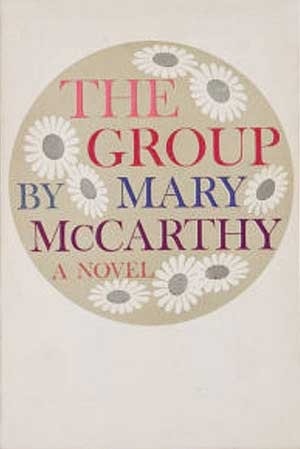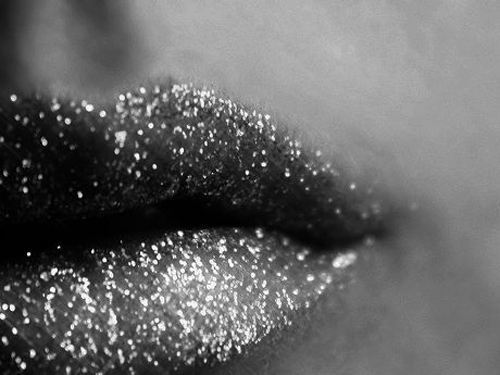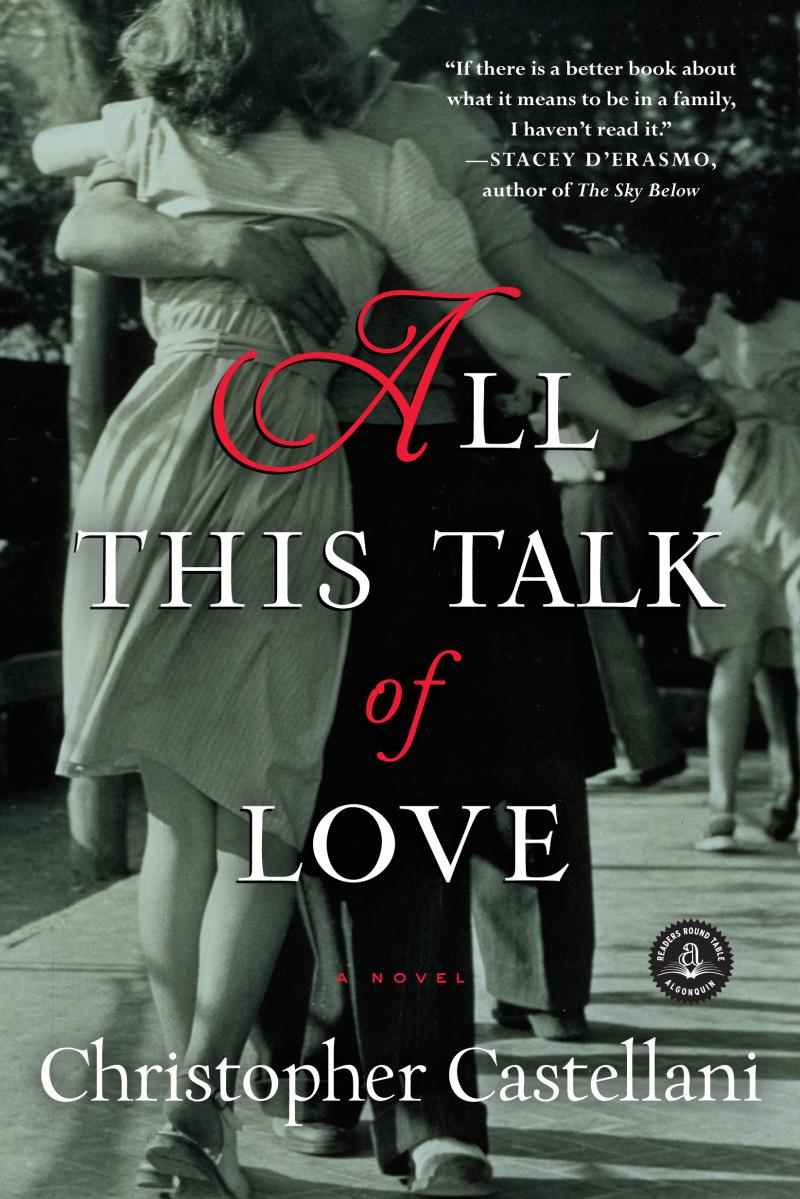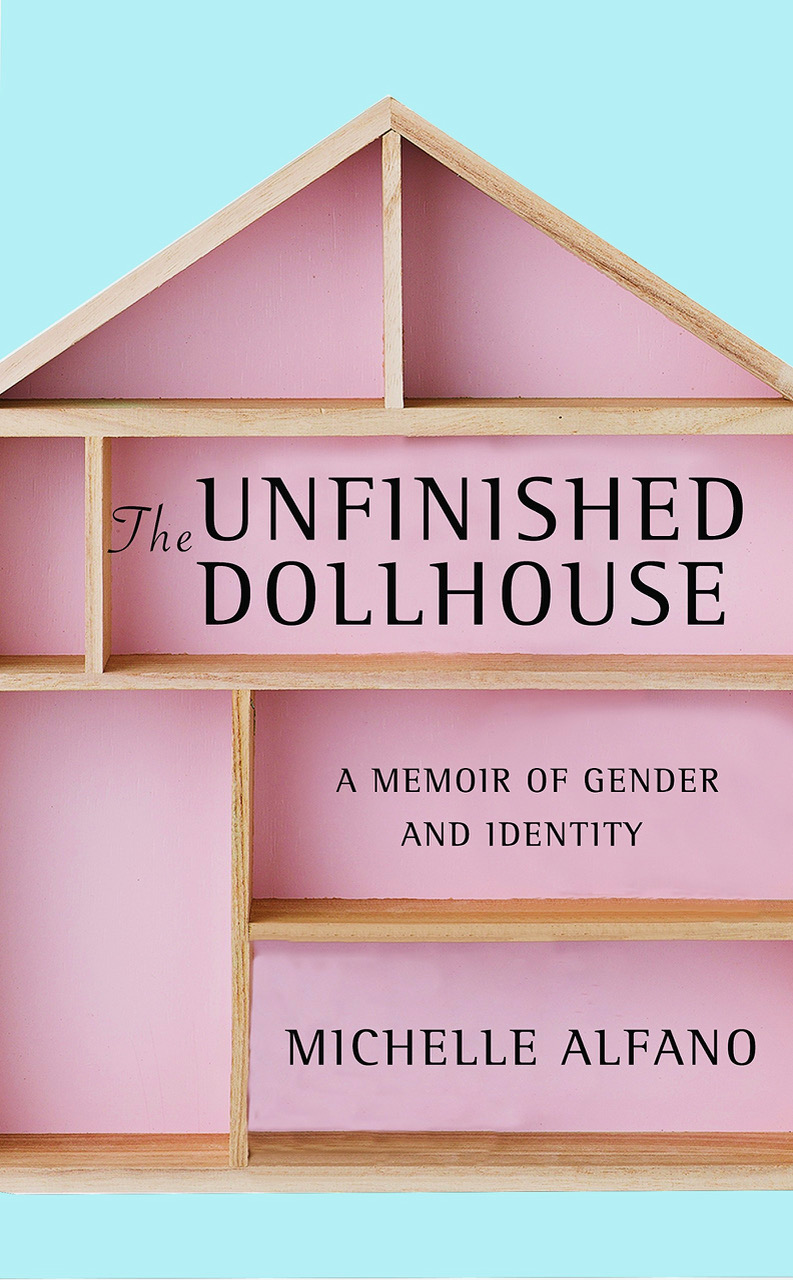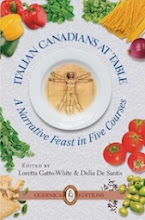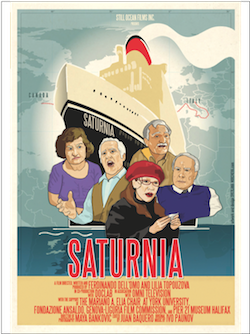Thursday, October 31, 2013
October Cultural Roundup
Exhibits:
Ai Weiwei: According to What? Exhibit at AGO
Nuit Blanche, October 5, 2013
Books:
Union Station: Stories of the New Toronto by Joe Fiorito
Horoscopes for the Dead by Billy Collins
Kicking the Sky by Anthony De Sa (please see review here)
Who Named the Knife: A Book of Murder and Memory by Linda
Spalding
Films:
Escape from Tomorrow (U.S., 2013)
The Others (U.S., 2001)
Thursday, October 24, 2013
Kicking the Sky
 Kicking the Sky by Anthony De Sa (Doubleday, 2013) 316 pages
Kicking the Sky by Anthony De Sa (Doubleday, 2013) 316 pagesIt is difficult to read of the traditional slaughtering of the pig (matanca do porco) by the young Antonio's father and his neighbours - a not uncommon festivity in the Portuguese community - and not think of the horrific killing of Emanuel Jacques in the summer of 1977.
I recall the murder vividly. I had been contemplating, and anxiously anticipating, the time when I would be moving to Toronto to attend university. The sexual assault, torture, and drowning of the 12 year old boy horrified me and reinforced all the fears of the big city that I had been harbouring.
The main character Antonio is very close to Jacques' age, is of Portuguese descent, and lives very close to the Yonge St. strip where the boy was lured, assaulted then drowned in a kitchen sink, his body buried under debris on the roof top of the Charlie's Angels body-rub parlour. For anyone of that age, so close in similarity to the murdered boy (and to the author) this would have had a lasting effect. The proof of this, is this novel.
Antonio occupies a strange and disturbing place in the novel. He is emotionally torn between his desire for James, an enigmatic outsider who is new to the Portuguese community and who befriends Antonio and his young friends, and, his distaste and horror for the men who killed Jacques.
For Antonio the boy's murder is transformative: " ... it seemed like the person I was now was not the person I would've been if Emanuel Jacques had not been murdered."
De Sa carefully balances a depiction of the homophobia that surfaces in the community when the boy is killed with the victimization of men in the neighbourhood who are now targeted because they are gay or male prostitutes. Despite his inner feelings Antonio can't help publicly condemning the "fags" who killed Jacques at school when discussing the events that transpired. In the boy's mind, contact with James and the sexual feeling it elicits, literally brings to mind Emanuel's fate and induces terror in the boy and sometimes even physical illness.
The handsome James has a slightly sinister, if alluring, quality with a tortured familial past - why does he befriend Antonio and his friends, all young boys? Why does he take in the pregnant teenage Agnes who has been take advantage of by her step-father and thrown out of the house? How does he make his money? What is his true motivation with regards to the boys?
There is a defining and infinitely strange moment for Antonio when he thinks he sees the face of Jesus in the shell of a limpet. His father begins to promote the boy as some sort of religious figure and healer who reluctantly captivates the frightened members of the neighbourhood seeking protection and solace in a troubled time. His father sets up a pseudo shrine in the garage where Antonio can offer his "healing" powers for a small fee.
But De Sa confounds the stereotypes ... Edite, a near relation, is a rebellious and independent spirit who defies convention and feeds Antonio's desire for a freer life. She works in a newsroom and provides a great deal of the background on the killers, with De Sa smoothly integrating this information into the narrative. She is an outsider, married to an even greater outsider who is not accepted in the community. Adam, an older man in the neighborhood, has a strange malady and is by turn, pitied and feared. He floats through the narrative like a ghost.
Antonio is thoughtful, aware, ashamed of his ugly feelings and fears after the murder. One roots for his escape.
There is an ugly, implicit connection between the murder of Jacques and the boys of the neighborhood and what they are forced to do to survive in their own communities.
This murder precipitated the massive cleanup of Yonge St. that ensued in the late 1970s. It changed the face of Toronto. It changed the conception of Toronto the Good. Gone (mostly) were the massage and body parlours, gone the strip joints ... A new ferocity was apparent regarding sexual behaviour that was seen to be deviant, abhorrent.
This murder precipitated the massive cleanup of Yonge St. that ensued in the late 1970s. It changed the face of Toronto. It changed the conception of Toronto the Good. Gone (mostly) were the massage and body parlours, gone the strip joints ... A new ferocity was apparent regarding sexual behaviour that was seen to be deviant, abhorrent.
One thing troubled me ... when Antonio rejects the advances of James, we have no clear sense if he is rejecting his latent homosexual feelings or merely the predatory advances of the manipulative James. The issue of what Antonio's true feeligns are, which he struggled with during the whole course of the novel, are unresolved at the end.
I wish that De Sa had spoken in greater length about the tensions between the Portuguese people from the Azores, the nine volcanic islands that exist almost 1,000 miles outside of mainland Portugal, and the Portuguese people from the mainland. It appears to be similar to the relationship that Sicilians have with mainland Italians - the disdain and condescension feels the same.
I wish that De Sa had spoken in greater length about the tensions between the Portuguese people from the Azores, the nine volcanic islands that exist almost 1,000 miles outside of mainland Portugal, and the Portuguese people from the mainland. It appears to be similar to the relationship that Sicilians have with mainland Italians - the disdain and condescension feels the same.
Small details such as the rituals of the matanca do porco or the description
of the five tattoos on the knuckles of the Portuguese men who served in
the military signifying a tour in Africa (symbols of the wounds of Christ) fascinate as does the image of Jesus encased in the the tub on the lawn We need more of these details. We know very little about the Portuguese-Canadian community and its customs. Anthony De Sa is a welcome voice, a talented voice, one that has explored a frightening episode in Toronto history with compassion and sensitivity.
 |
Thursday, October 17, 2013
With nothing on her but her pearls ...
The Group by Mary McCarthy (Harcourt Brace Jovanovich, 1963; republished Harcourt Inc., 1991) 487 pages
Fifty years since the publication of The Group, the reader still recognizes the power of its new "female" perspective on sex and womanhood. The Group depicts eight Vassar roommates (Class of '33) from the time they graduate to the cusp of America's involvement in WWII in 1940.
You can imagine the literary sneering when the book came out in 1963 (timely, yes, it coincided with Betty Friedan's revolutionary The Feminine Mystique) - just a bunch of hapless, naive college girls fumbling their way through womanhood (mostly ineptly). The critical reaction was not pretty.
Norman Mailer wrote a now famous review in The New York Review of Books in which he described the work as a "lady-book" and various characters thus: "all-but-dyke", "more pig than tootsie", "duncey broad", "a young New Dealer who has no breasts". By all means Norman, describe the literary characters on the basis of their appeal to you as women ... please do not resist thinking with your second, much smaller head. He writes: "Her book fails as a novel by being good but not nearly good enough ..." And some think David Gilmour is a sexist jerk ...
What Mary McCarthy was trying to do, what she did, was beyond the scope of his limited understanding. It still is for some. For some readers and some critics, merely to investigate the issues that women deal with, talk about, think about, is frivolous, secondary: sexual experience, birth control, adultery, lesbianism, unsatisfactory marriages, childbirth, child rearing and the politics of breast feeding ... all valid areas of fictional exploration from the female perspective.
Essayist Katha Pollitt's take on the book in The Nation is precisely right; it was about "the way very smart, educated women get trapped in the lesser life they are compelled to lead.”
McCarthy, famously, had a deadly accurate, if nasty, way of speaking truth to power.
 |
| A youthful McCarthy |
Kay, now a clerk at Macy's, is married to the insufferable bore Harald, an unsuccessful philandering playwright, who cheats on her with her fellow classmate Norine, has a chip on his shoulder due to the class differences between himself and his spouse, and says things like, "Go get me a coffee like a good girl" when irritated. I keep waiting for Kay to poison his coffee ...
Libby, a reader of manuscripts in a publishing house is advised: Publishing is a man's business ... you find [women] on the fringes, in publicity and advertising, or you find them in copy editing or reading proofs. Old maids mostly... She later morphs into a somewhat predatory literary agent and marries well. She seems to be the most successful and most disliked member of the group.
Norine, paramour of the hapless Harald, has her own issues: an impotent husband, a slovenly house, little ambition and no plans for the future.
Polly, a medical technician in a lab, who once dreamed of a medical degree, has no interest in being set up with eligible man. At the beginning we think we know what that means. But we don't. Flirting with Communism and with a Communist lover, Polly seems lost, unfocused, unfulfilled. Until she meets Mr. Right...
New mother Priss is dominated by her opinionated doctor husband who pressures Priss into accepting an unheated bedroom and no cuddling for their newborn son.
Lakey, icy, aloof, elegant Lakey ... she doesn't appear until the very end after a brief and mysterious appearance at the beginning. Lakey has moved up socially much to the shock and admiration of the group. They are still in awe of her.
But the men fare no better in McCarthy's sight lines. Which one of these non-entities should the women aspire to ensnare into matrimony or even merely sexual relations? Nils, the Norwegian "baron", who attempts to rape Libby then gets bored mid way by the prospect that she is a virgin? Blake, the impotent cuckold? Bitter, unsuccessful Dick who counsels Dottie to get birth control then never calls her back? Harald, the vaguely leftish, aspiring (not particularly successful) playwright living off his wife's store clerk wages who bullies his wife into an asylum and (spoiler alert) refuses to attend her burial after some disturbing conjecture about her sexuality? Gus, the gutless Communist, separated from his wife but still tied to her by their child and his psychoanalyst who can neither volunteer in the Spanish Civil War nor remain with his mistress whom he loves. Sloan, the overbearing, ambitious doctor who bullies his wife?
At times, it seems as if the eight Vassar women are thinly disguised slivers of the real McCarthy, significantly also a '33 Vassar graduate ... the philandering playwright Harald depicted here is not that different than McCarthy's first husband Harald Johnsrud. Polly's pro-Communist views were very much like McCarthy's until WWII. Like Libby, McCarthy worked as an editorial assistant for the publishing house. It was rumoured that the elegant beauty Lakey was a physical combination of McCarthy and her famous classmate Elizabeth Hardwick (who toyed with her own royal girl-toy in real life).
The casual and pervasive sexism, anti-Semitism and racism rankles - in the jokes made at the expense of the "coloured" maid, the Yiddish neighbours, or in the manner that the women are described and treated. McCarthy is writing of a pre-WWII world and the book was published during the pre-feminist consciousness depicted in the era of Mad Men ... and don't it show.
But McCarthy has a prescience that alarms and engages the modern reader. Women with education and many opportunities who persist in making poor choices? Anxiety about raising a child in a progressive manner? Conflicts between an educated female and a less successful spouse? These women are not failures. They are pioneers in the sexual revolution that was to come ... some failed, some succeeded. And McCarthy nailed their dilemma. Completely.
 |
| Some of the ladies in the film of The Group (1966) |
Thursday, October 10, 2013
Celebrity Skin
Oh look at my face
My name is might have been
My name is never was
My name's forgotten
During a family dinner not long ago, the conversation turned to the current shenanigans of the pop tart du jour (the name escapes me now, it might even have been Miley Cyrus at the time) on a recently televised show but not the one I plan on speaking of today. I asked the kid and my two nieces for their reaction to her behavior. I was interested in their perspective as teenagers. Before they could even formulate a response a male relation shut down the conversation by observing dryly: "Well, that's a deep topic, isn't it?"
Of course, they seemed intimidated about voicing an opinion and said nothing. I wonder if he would have reacted the same way if the discussion turned to Grand Theft Auto 5? Or some loserish Indie band with a reputation for being cool?
This angered me although I wasn't quite sure why at the time. Why isn't how young women, in positions of power and prestige in the media and pop culture, and how they present themselves in public deemed to be a topic worthy of discussion? Because it bores some of the male gender? I assure you it doesn't bore most women and/or girls. Most of us have a very definite opinion about these things. How women present themselves publicly and how young women process that information, is important to us. It should be to all of us.
Having said that, do we still want to go there dear readers regarding Ms. Cyrus? Have we not had enough of this twerking business, the wrecking ball, the licking of the sledge hammer, the subsequent name calling and the ethics of "slut-shaming"? Some things, alas, we can never unsee.
For those living under a rock, who are unfamiliar with the topic at hand, I am referring to Miley Cyrus' performance at the VMAs with Robin Thicke during his rendition of "Blurred Lines". There was twerking, there was a foam finger involved, some unfortunate hand movements, an active tongue and ... a whole lot of very, very negative feedback.
And even women who are sympathetic to Cyrus are chiming in, sometimes with advice, encouragement, support; sometimes with admonishments, disappointment: Sinead O'Connor, Jezebel, Amanda Palmer, comedian Elvira Kurt ...
Cyrus is unrepentant about her performance and that's her prerogative. During her SNL monologue that premiered on October 5, 2013 Cyrus declared that Hannah Montana was "murdered". In a sense, she was ... Cyrus has been trying to kill the damn b for years now.
Why do the actions of this moderately talented pop star engender such intense scrutiny and opprobrium when she doesn't "behave"? I don't know, nor pretend to understand, Cyrus' motivation but I imagine it has something to do with distancing herself from the Hannah Montana persona created for her at Disney. It might be easier if she just hung a sign around her neck that read, "I'm ain't Hannah Montana any more, bitch ..."
Why do the actions of this moderately talented pop star engender such intense scrutiny and opprobrium when she doesn't "behave"? I don't know, nor pretend to understand, Cyrus' motivation but I imagine it has something to do with distancing herself from the Hannah Montana persona created for her at Disney. It might be easier if she just hung a sign around her neck that read, "I'm ain't Hannah Montana any more, bitch ..."
When I wake up in my makeup
It's too early ... for ... that ... dress
Wilted and faded, somewhere in Hollywood
I'm glad I came here with your pound of flesh
When I started to write this blog, it had a real finger wagging tone to it. That got old. Real fast. I was boring my own damn self with my condescending attitude. I scrapped that first draft. Who am I to judge this kid, and the pressures she is under?
I do think that she seems to be trying desperately to develop an "adult" persona. For young girls this sometimes manifests itself in overtly sexual, vaguely disturbing antics that have adult women collectively clucking their tongues. If only young women were mature enough, secure enough (if only I had been) to choose a different "adult" path with the beauty, money and clout they possess as celebrities we collectively sigh in our infinitely superior wisdom and at our advanced age ... Perhaps they could start a foundation, volunteer with troubled youth, serve as a spokesperson for a worthy cause, or, perhaps ... just keep their clothes on while performing.
But ... nah ... that's so boring! Upsetting people. Making tongues wag. Watching your album rocket to number one on the charts. Being covered by every media outlet on the planet ... Having a very public break up with your boyfriend. Now that's fun! And I get it. That is more fun. Not more adult, but more fun.
When you are a sexually desirable girl or woman, you get daily affirmation, constant acknowledgment, some of it positive, some of it negative, about your looks. This is something that many young girls/women desire, even crave. No one admires the size of your brain when there are other body parts to consider. Nor are they interested in your opinions when you are twenty unless it's something they can titter about afterwards and endlessly deride.
What adults don't get (unless you've been there) is this behavior is a short cut to attracting and maintaining the attention of all and sundry. No matter that when gravity has its way and you are no longer young and nubile no one will be interested in seeing your sundry wares. No matter ... for the here and now (and that's all that matters when you are twenty), that may appear to be enough.
You better watch out
On what you wish for
It better be worth it
So much to die for
On what you wish for
It better be worth it
So much to die for
And what about the esteemed Robin Thicke's role in all this? Why is he not held accountable since he is almost twice her age at the ripe old age of 36? Why aren't people calling him out, insulting and condemning him? (Aside from deriding his terrible dress sense in those hideous striped pants and jacket?) Even his darn mother came to his rescue saying the poor boy had no idea that was going to happen. As if ...
I am, philosophically, somewhere between Sinead O'Connor and Amanda Palmer's positions on this: I think Miley is in control of these decisions (not necessarily the men in her life who make the "business" decisions) but I don't think it's necessarily a celebration of her sexuality and independence and therefore admirable. I think it's a bit of a misguided way of building one's confidence and self esteem. But on such an ephemeral foundation such as youth and beauty ... what happens when this fades? And it will fade girlie, for all of us ...
This complex, perverse craving we have, as the viewer, to both witness this salacious, obnoxious behavior and then try and destroy the young (usually female) celebrity who succumbs to this, is a real and disturbing by-product of celebrity culture. Our desire for the consumption of celebrity skin and its destruction is a frightening, awful thing to behold.
Maybe we should consider that before we pillory, judge and summarily crucify some little 20 something who barely seems able to comprehend the silly actions she undertakes or the long term consequences. I am more than a little peeved at how we denigrate these girls and anyone else who chooses to recognize this as a significant part of pop culture and the fact that, like it or not, it has a massive influence on young women.
This complex, perverse craving we have, as the viewer, to both witness this salacious, obnoxious behavior and then try and destroy the young (usually female) celebrity who succumbs to this, is a real and disturbing by-product of celebrity culture. Our desire for the consumption of celebrity skin and its destruction is a frightening, awful thing to behold.
Maybe we should consider that before we pillory, judge and summarily crucify some little 20 something who barely seems able to comprehend the silly actions she undertakes or the long term consequences. I am more than a little peeved at how we denigrate these girls and anyone else who chooses to recognize this as a significant part of pop culture and the fact that, like it or not, it has a massive influence on young women.
You want a part of me
Well I'm not selling cheap
No I'm not selling cheap
Well I'm not selling cheap
No I'm not selling cheap
Lyrics courtesy of "Celebrity Skin", Courtney Love, Hole (who ought to know a bit about celebrity skin) ...
Thursday, October 3, 2013
My S/mother Myself
All this talk of love by Christopher
Castellani (Algonquin Books of Chapel Hill, 2013) 347 pages
Meet the Grassos …
The mother Maddelena: youthful and energetic
at 71 who vows never to become like “le patate” (the potatoes) – fat, round, Italo-American
older females obsessed with their gardens and never leaving home. The dance
instructor. The somewhat smothering/loving mother of three.
The father Antonio: work obsessed,
conservative, loyal, hard-working, emotionally distant, old school
The eldest daughter Prima: the organizer, the
obsessive, the tender of familial relations, the jealous sibling.
The eldest son Frankie: a Ph.D. candidate
living (safely?) hundreds of miles away in Boston, a bit of a academically
inclined black sheep, a loner.
The lost son Tony: who committed suicide
decades ago as a teenager for reasons known only to his father.
I know these Italian archetypes (hell, I’ve
been related to most or all of them). But Frankie, the rebellious one … Frankie
fascinates me as does the ghostly brother who harboured a deadly secret that
will eventually kill him.
What makes Frankie tick? Sleeps with a
married professor who supervises his thesis. Nerdy. Competitive. Refuses to
acknowledge the emotional impact of the death of his brother.
Prima knows that “You have to tend to a family
like you tend to a garden. That’s what’s wrong with America, if you ask her,
why no one’s as happy as they used to be, like in the fifties.” But what if you
don’t fit into that garden? Like Frankie, like Tony …
Prima is trying desperately to organize a
family trip back to her parents’ village in Italy. Maddelena refuses to go … too many
memories of what she lost. A boy she was unable to marry, siblings who have
been lost to her, siblings who are now ill. Only Frankie seems to support her obstinate refusal to return.
How refreshing, intriguing - is that the right word? – to
have someone in the tribe pierce the facade of the happy Italian family (and
it’s dark cousin the tragic Italian family) with a realistic portrait of a
modern family living in America. We are
not always united, happy, loyal, close to our parents, loving, in touch with our roots. We deal with suicide,
struggle with gay identities, drink too much, resent our parents’ interference
in our lives, are overly invested in our children, sleep around too much with the wrong people ... We
are, in short, anxious, troubled, sometimes unhappy humans.
Sometimes Castellani shocks (I didn't see that coming) as in the scene where Prima inadvertently spies her two teenage sons engaged in a threesome or we learn that Tony is in love with one of the waiters, a louche, charismatic "loser" whom later is picked up and toyed with by Prima during the years that she is slumming around defying her parents' expectations.
Sometimes Castellani shocks (I didn't see that coming) as in the scene where Prima inadvertently spies her two teenage sons engaged in a threesome or we learn that Tony is in love with one of the waiters, a louche, charismatic "loser" whom later is picked up and toyed with by Prima during the years that she is slumming around defying her parents' expectations.
But in the end, unfortunately, Castellani disappoints the reader. The prose is serviceable rarely elegant.
The
family finally journeys to Italy and although Castellani foils the expectation that it will be
a happy trip that resolves all the emotional issues that arise before the trip, sadly, the story falls flat. Maddelena is ill, too ill to understand the
importance of the trip. Frankie settles into comfortable domesticity with a new
woman, someone young and more malleable than the prickly Prof. Birch with whom he was involved. Prima, who suffers
from a terrible accident before the trip, is quietly reconciled to the fact that she cannot control her large and growing family.
Antonio tenderly nurses Maddelena. The ending lacked the sharpness I had come
to expect from this author in earlier chapters of the book.
And the family never really learns the truth about Tony's suicide except for the father Antonio who is saddled with guilt over the decades since the boy died. That would have been earth shattering but real ... and extremely potent as a piece of fiction
 |
| Dreamy Castellani ... nice Italian boy with an edge. |
Subscribe to:
Posts (Atom)

